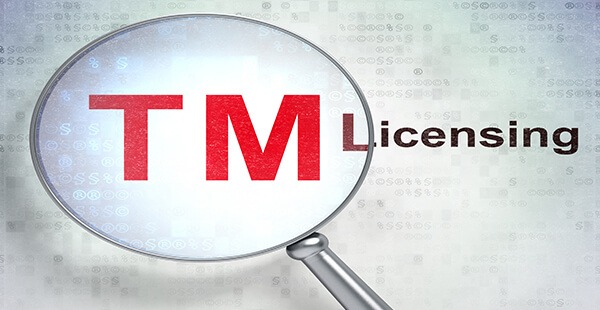
Recently we’ve been hearing about celebrities trademarking their catch phrases. Marshawn Lynch, for example, trademarked his phrase “I’m just here so I won’t get fined,” see article here. Similarly, Taylor Swift trademarked “This Sick Beat.” Even Katie Perry’s legal team went after distributors of Left Sharky toy, arguing copyright infringement.
Put simply, trademarks protect brand names, logos, and phrases in the particular industry that the trademark owner offers products or services. For example, “Nike” is a brand name and a trademark. The company also owns the trademarked “swoosh” logo and the phrase “Just Do It.” These three marks represent 3 different types of marks available for registration with the United States Patent & Trademark Office (USPTO).
Owning and using your trademark in commerce gives you the right to prevent others from using it in a way that could cause confusion among consumers.
Marks are also industry specific. This means that the same mark can exist simultaneously as long as it is used in different industries. For example, Delta airlines has “Delta” trademarked in the airline industry, while the same name is also a trademark owned by Delta Plumbing company.
If you are using a catch phrase, tag line, or sales line with your goods or services, then yes, it is almost always worth it to trademark that phrase if it is available. Marshawn Lynch has been able to sell a great deal of goods off of his trademark phrase “I’m just here so I won’t get fined.” Without a registered trademark, Lynch would have a difficult time trying to prove that he is the owner of that mark, and others are infringing. Registration with the USPTO allows him to sue infringing companies for profits that they make off of the trademark, as well as statutory damages, depending on the circumstances.
Seeing as how a registration award puts your business’s mark on equal footing with Fortune 500 companies, getting your trademark registered is surprisingly cost-effective, but it should be done by a licensed attorney. LegalZoom, TradeMarkia, and other online legal services companies like them, generally do not have a licensed attorney checking whether your trademark is available, whether it infringes or may infringe on someone else’s trademark and what the odds are that the USPTO will grant the mark after you have paid their application fees (usually around $250). Contrary to popular belief, trademarks do not need to come up on a Google search to be valid and enforceable. Nor does the mark you’re applying for have to be the exact same as an existing mark in order to infringe. For example, if I had LegalZoom run a direct hit search for the phrase “Just Make It Happen”, the search would probably not come up with any results. But if I tried to use it to sell athletic clothing, Nike would argue that it infringes their “Just Do It” trademark. A trademark search really should be done by someone who knows what to look for. Marks that are substantially similar and likely to cause confusion are not awarded, even though a direct hit “search” would claim that the mark was open.
Another benefit of obtaining a trademark is others might like to use your mark for their own products or services. The owner of the trademark is in a great position, here, because they can demand that the new user pay a licensing fee, pay a percentage of their profits, or purchase the mark outright. This is yet another way that trademarks can be very valuable intellectual property.